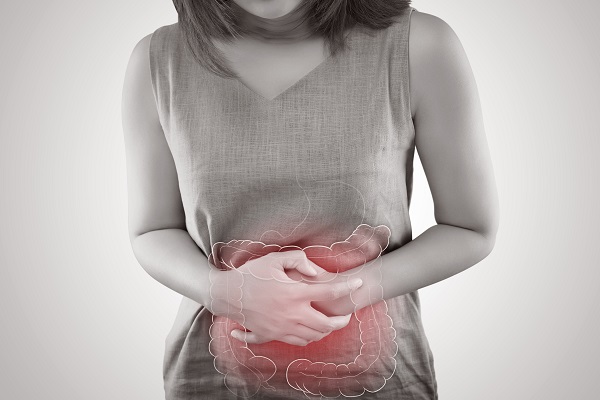Important Colon Cancer Information

Colon cancer is a type of cancer that usually affects older adults, but it can affect anyone at any age. It begins in the large intestine, or colon, the last portion of the digestive tract. This type of cancer is usually lumped together with rectal cancer and is called colorectal cancer.
What types of colorectal cancer are there?
There are several different types of colorectal cancer, most of which are adenocarcinomas. These types of cancer originate in the walls inside the colon and rectum that make mucus to lubricate them.
Other types of cancers that can originate in the colon or rectum include:
- Gastrointestinal stromal tumors (GISTs): These tumors begin in the interstitial cells of Cajal within the colon wall. Some of these can be benign or noncancerous.
- Carcinoid tumors: This type of tumor starts in hormone-making cells of the intestine.
- Sarcomas: These begin in muscle layers, blood vessels, or other types of connective tissues in the wall of the rectum or colon.
- Lymphomas: This type of cancer usually starts in the lymph nodes but can begin in the rectum or colon. It is a cancer of the immune system cells.
What are the symptoms of colorectal cancer?
Several symptoms may indicate the presence of cancer in the colon, although many people in the early stages of cancer do not experience any symptoms. Symptoms may include:
- Blood in stool or rectal bleeding
- Cramps, gas, or pain in the abdominal area
- Weakness or fatigue
- Unexplained weight loss
- Change in bowel habits, such as a change in consistency of stool
- Feeling that the bowel does not empty entirely
Risk factors of colorectal cancer
Although doctors are not entirely sure what causes most colon cancers, several factors are associated with a higher risk of developing this type of cancer. These risk factors include:
- Older adults: Cancer of the colon can occur at any age, but many diagnosed people are over 50.
- History of colorectal cancer or polyps: If you have previously had colon polyps or cancer, even if they were noncancerous, you are at a higher risk of developing cancer in your colon in the future.
- Inherited syndromes: A small percentage of cancer in the colon has been linked to gene mutations passed through generations. Familial adenomatous polyposis (FAP) and Lynch syndrome are both commonly associated with colon cancer.
- High-fat, low-fiber diet: Colorectal cancers might be associated with diets low in fiber and high in calories and fat. The research done on this has had mixed results.
- Family history: If you have an immediate family member or other blood relative diagnosed with cancer in the colon, you are much more likely to develop a type of colorectal cancer.
Other common risk factors include sedentary lifestyles, diabetes, smoking, alcohol, and patients who have previously been treated with radiation therapy for previous cancers.
Prevention
Several drugs have been found to mitigate the risk of colorectal cancer or precancerous polyps. Other things to help reduce the risk include a healthy and well-balanced diet, eliminating smoking and drinking if possible, exercising regularly, and maintaining a healthy weight.
Get more information here: https://lindenbergcancer.com or call Lindenberg Cancer & Hematology Center at (856) 475-0876
Check out what others are saying about our services on Yelp: Colon Cancer in Marlton, NJ.
Recent Posts
Blood clot disorders include a spectrum of inherited or acquired conditions that disrupt healthy circulation, elevate the risk of blockage, and threaten vital organs. An oncologist frequently monitors patients for clotting complications because cancer, certain chemotherapies, and reduced mobility intensify thrombotic tendencies. Early recognition of warning signs, together with prompt intervention, significantly lowers the possibility…
Lung cancer treatment has advanced significantly in recent years, allowing for more personalized approaches that improve outcomes and reduce unnecessary side effects. Personalized lung cancer treatment plans are developed based on several factors, including the type and stage of cancer, genetic markers, overall health, and the patient's unique response to specific therapies. These tailored strategies…
An ovarian cancer diagnosis can be scary, as this form of cancer often develops without noticeable symptoms in the early stages. As the disease progresses, it can become more difficult to treat, making early awareness important. Knowing the signs, understanding the diagnostic process, and learning about treatment options from an oncologist can offer patients hope…
Gynecological cancer treatments target cancers that affect the female reproductive organs, such as ovarian, uterine, cervical, vaginal, and vulvar cancers. Fortunately, there have been significant medical advances in cancer treatment that have greatly improved patient outcomes, allowing oncologists to adjust therapies to fit each patient's needs and overall health. These targeted treatments work better than…


